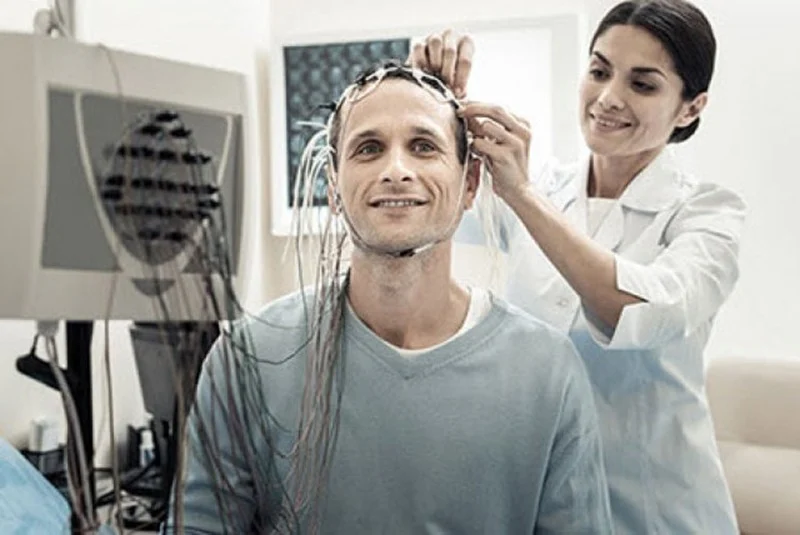Understanding Migraines
Migraines can leave people feeling hopeless. The pain disrupts work, family time, and overall quality of life. Many turn to medication for relief, only to experience side effects like nausea, fatigue, and depression.
Migraine disease affects nearly 40 million people in the U.S. It is a neurological condition that has become a major public health issue. Migraines often cause severe, throbbing pain on one side of the head, though both sides can be affected. This pain can be debilitating, making it difficult to function.
Women are more likely to suffer from migraines than men. In fact, 85% of chronic migraine sufferers are women. Migraines can start in childhood, and half of all migraine sufferers have their first attack before age 12.
Migraine attacks often come with other disabling symptoms, including:
- Visual disturbances
- Nausea
- Dizziness
- Sensitivity to light and sound
- Tingling or numbness in the face and extremities
Attacks can last up to 72 hours. In many cases, neurological symptoms occur before the headache even begins. This is why treating the underlying neurological condition is more effective than simply managing symptoms with medication.
Common Migraine Treatments and Their Limitations
Many migraine sufferers rely on coping strategies. Some take prescription medication, while others rest in a dark, quiet room. But these options have drawbacks. Medications cause side effects, and not everyone can afford to stop everything when a migraine strikes—especially parents, employees, or caregivers.
Alternative treatments like acupuncture may provide temporary relief, but they only address the symptoms, not the root cause.
How Functional Neurology Addresses Migraines
Migraines can stem from four key triggers:
- Metabolic issues
- Musculoskeletal problems in the neck
- Nervous system dysfunction
- Hormonal imbalances
At NorCal Brain Center, we go beyond symptom management. We identify your migraine triggers through comprehensive testing, which may include:
- Balance and posture analysis
- Hormonal lab testing
- Visual and vestibular assessments
- Comprehensive blood work
- Musculoskeletal examination
Based on these results, we create a personalized treatment plan tailored to your needs. This plan may include:
- Brain rehabilitation
- Nutritional support
- All-natural hormonal treatments
- Eye movement therapy
- Neuromuscular rehabilitation
- Nerve stimulation
By addressing the root causes of your migraines, we provide lasting relief without relying on medication.






